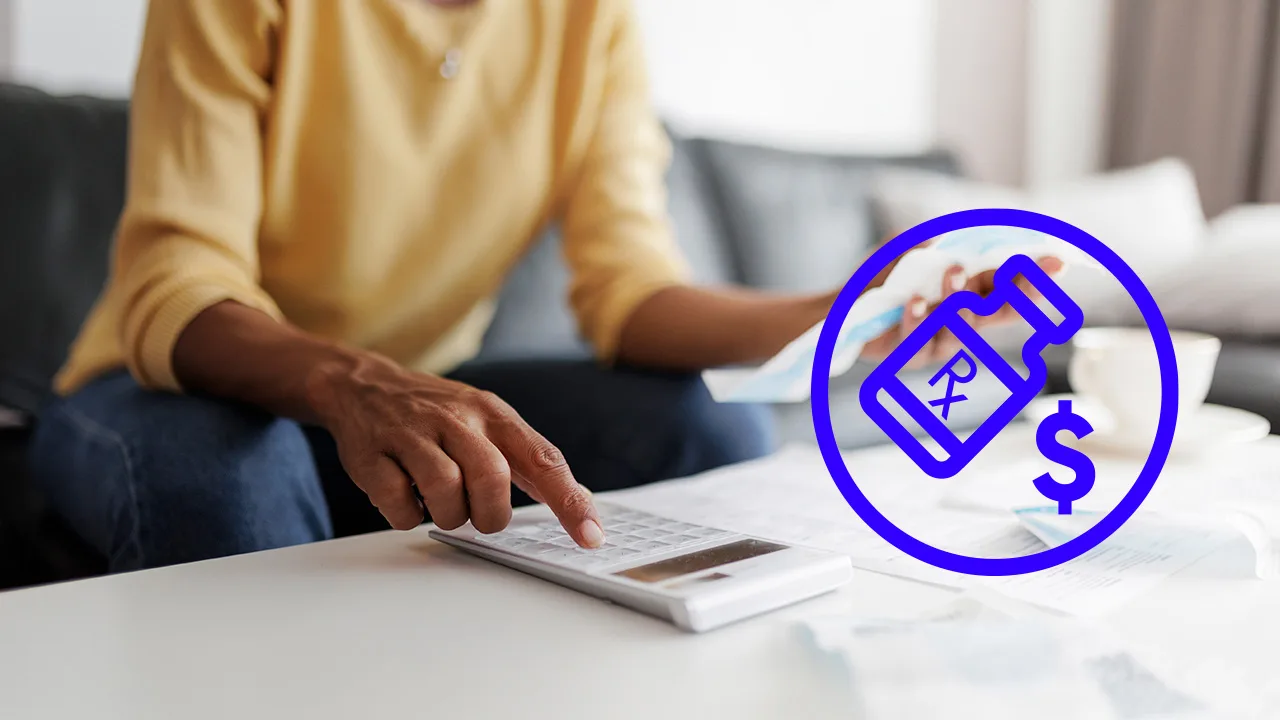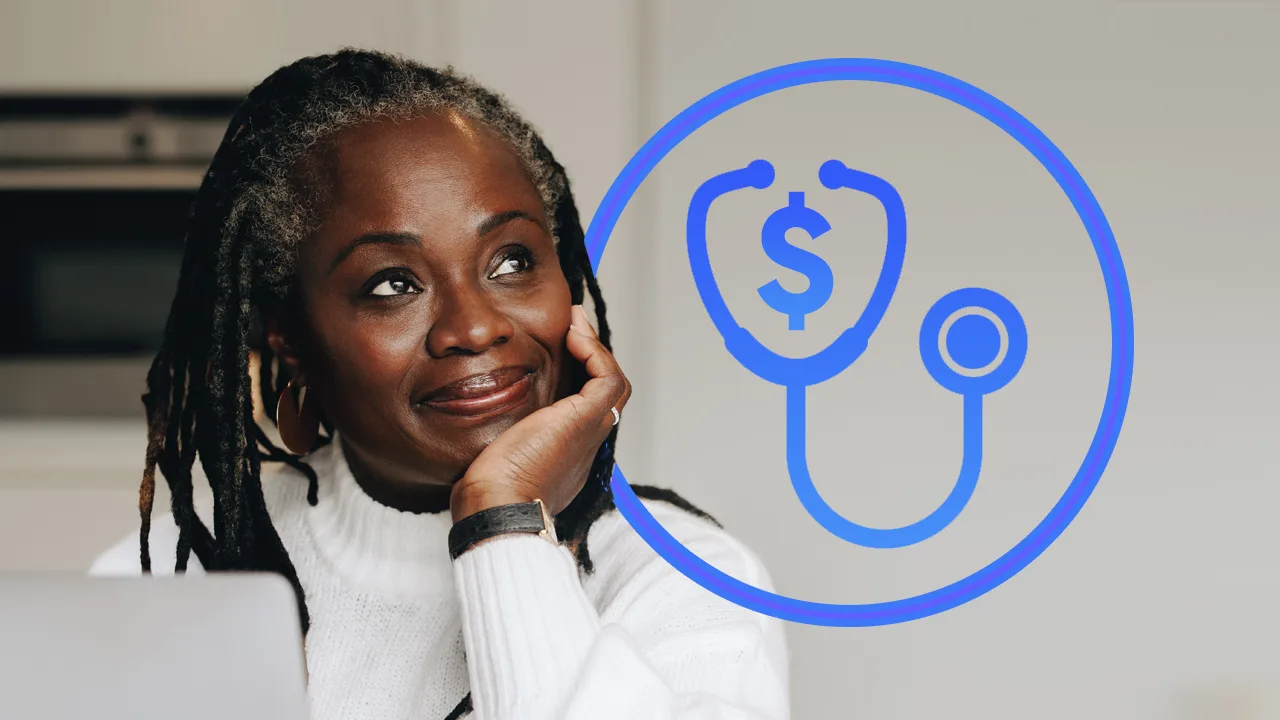At Achieve, we're committed to providing you with the most accurate, relevant and helpful financial information. While some of our content may include references to products or services we offer, our editorial integrity ensures that our experts’ opinions aren’t influenced by compensation.
Everyday Finances
Here's why a financial checkup matters and when to get started
Apr 21, 2023
Written by
Reviewed by
Spring is in the air, and I know I want to clean up around the house and get a fresh start. Your finances might need freshening up, too. One way I like to spring clean my personal finances is with a financial checkup.
A Spring financial checkup can tell you whether you’re still on track with the financial goals you set earlier. For me, it’s also a good time to tweak my approach if needed.

How to perform a financial checkup
Before getting started, I find it helps to schedule a time for my checkup. I like to do it in late April—usually after I’ve filed my taxes. You can take different steps to get started, but here’s how I get the most out of a financial checkup.
Take stock of where you are
First, you have to know where you stand. I like to review some of the basics:
Income
Spending
Regular bills
Current debt
Progress toward financial goals
For example, I might review my spending and find that some of what I buy doesn’t matter to me. Or maybe I’ve let “lifestyle creep” quietly increase the times I go out to eat instead of making meals at home.
What you want to find out is if you are accidentally sabotaging your goals by spending money on things that aren’t your highest priorities. You could try the Achieve MoLO app—which gives you a snapshot of your spending versus your income each month and also helps you take a hard look at your “essential” versus “non-essential” spending.
Understanding where I’m at and being brutally honest about the situation helps me take a step back and decide where to make changes.
Review your budget
Often, when I do a Spring financial checkup, I find that I’m not in line with my budget. Catching this early in the year can help me get back on track.
I like to look at my planned budget and find where my biggest problem areas are. Then I can make a new plan to better reach my goals.
For example, I discovered that spending more than planned on eating out and entertainment meant I had less money to put toward paying down my debt. Even $100 a month can make a huge dent in debt over the course of a year, so this seemingly small habit can be a big deal.
I changed my plan to compensate. I created a new plan to eat out during lunch, when it costs less, and to make more dinners at home. That freed up funds to put toward my debt reduction goal.

Look ahead
Part of a Spring financial checkup is to consider what might be coming down the line for the rest of the year. Some important expenses to plan for might include:
Insurance policy renewals
Summer vacation
Back-to-school shopping
Holiday spending
You might also have some major life events on the horizon, like getting married, having a baby, or moving. When I was getting ready to move, I knew I needed to consider that in my financial checkup and create a special budget to cover that major cost.
Sometimes, setting up a special account for a specific goal can be a big help as a way to stay on track.
Make a plan
No matter where you’re at in your personal finance journey, a plan based on your financial checkup can be a good way to take charge of your money. After completing your Spring financial checkup, break down a list of things you can do to work toward your goals.
For example, after my checkup, I decided to eat out fewer times a week and put more money toward paying down debt. Another choice I made was to set aside a few dollars each week year-round in a high-yield savings account designated for spending on gifts. That plan helps me avoid breaking my budget during the holidays or when I attend a birthday party.
Don’t give up if you have a setback. We all do. A financial checkup shows you where you are and how far you’ve come while still giving you room to tweak your plan and grow.
Author Information
Written by
Miranda Marquit is an award-winning financial writer and podcaster. Her work appears in numerous media outlets. She often hosts workshops and appears on panels on topics related to financial wellness. She is the co-host of the Money Talks News podcast and a consumer finance advocate.
Reviewed by
Kimberly is Achieve’s senior editor. She is a financial counselor accredited by the Association for Financial Counseling & Planning Education®, and a mortgage expert for The Motley Fool. She owns and manages a 350-writer content agency.
Related Articles
Compound interest is a two-sided coin. Good for your savings, bad for your debts. Find out more here.
If your bills are getting out of hand, debt relief is one way to take control of your finances and defeat your debt.
These subtle (and not so subtle) red flags could be signs that you’re falling into a debt trap. Read more.



